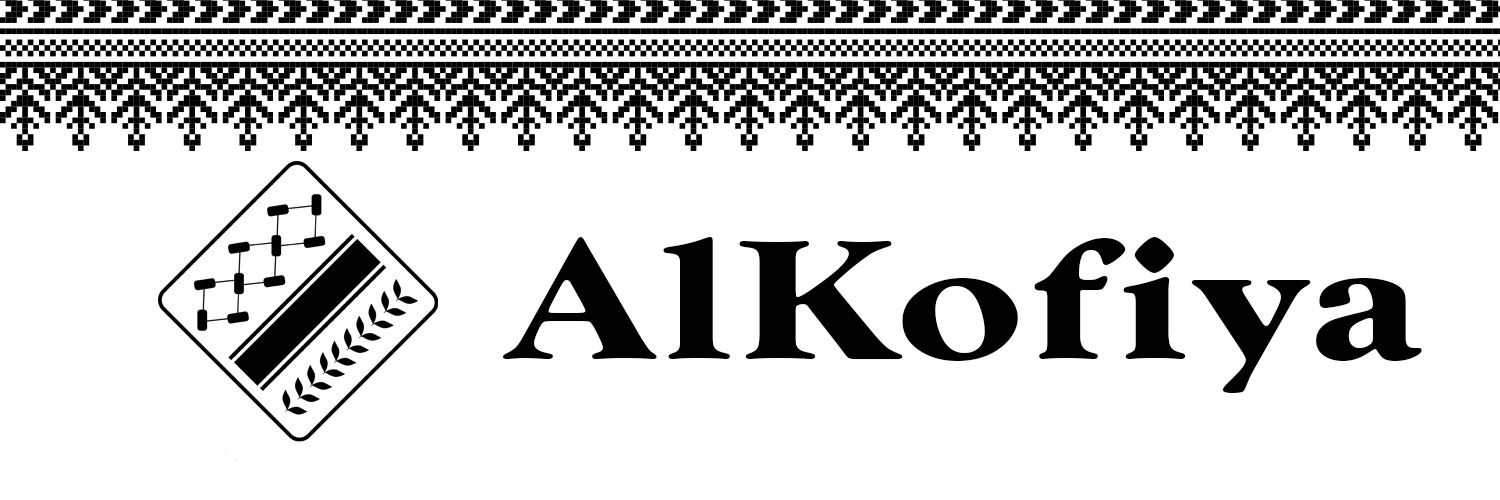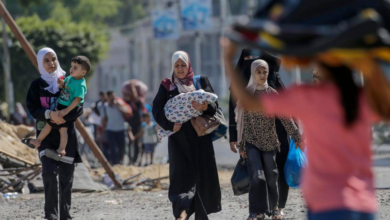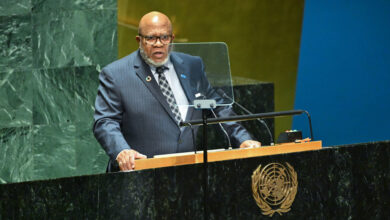
“Sada Social” Center for Palestinian Digital Rights monitored 35 digital violations against Palestinian content during the month of last September, on various communication platforms.
The Palestinian Digital Center said in a statement today, Monday, that these violations came within the framework of the continuing injustice of the policies of social media platforms against the Palestinians and their narratives.
The center documented 24 violations by the Facebook platform, 3 violations on Instagram, 4 on the X platform (formerly Twitter), and the same on the “Tik Tok” platform.
He reported that the percentage of targeted journalists amounted to more than 54.2% of all digital violations, “in a continuous targeting of freedom of the press, opinion, and expression, and varied between deleting content and completely deleting accounts and pages.”
He stated that the unfair policies that social media platforms continue to follow against Palestinian digital content have caused material and economic losses to media institutions and journalists.
According to the survey, conducted by the “Sada Social” Center, 29.3% of the survey participants stopped making profits completely due to financial restrictions, and 75.5% of the media organizations expressed a decline in the number of visits to their websites.
Participants in the survey were distributed among 30 media organizations and 23 journalists from the West Bank, Gaza Strip, Jerusalem, the occupied interior and outside Palestine.
Participants say that 34.7% of them said that the percentage of profits generated from viewing content on the platforms decreased, and 30.6% spoke about the unwillingness of stakeholders to advertise on their pages due to advertising and access restrictions.
24.5% of press organizations reported that they lost the sponsor’s desire to renew their funding due to the decline in their digital performance.
“Sada Social” alerted that “Palestine, the Palestinian Territories, or the West Bank and Gaza Strip” are not among the geographical location options for filing a complaint against Meta’s policies with the Independent Supervisory Board.
He added: “Israel was found among the available options, which constitutes concern about the Council’s seriousness in making impartial decisions while ignoring the geographical location of Palestinian users.”
Sada Social Center called on Meta to open its policies for discussion with civil society institutions.





